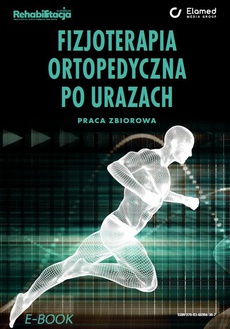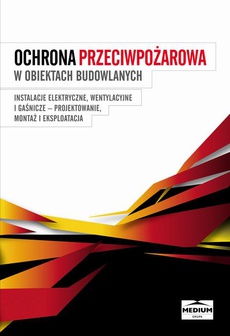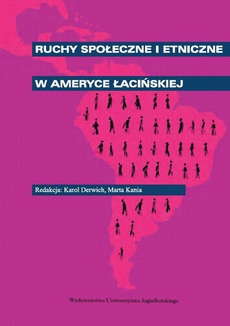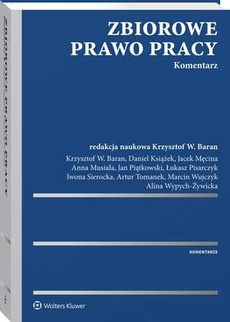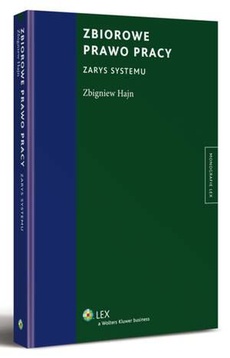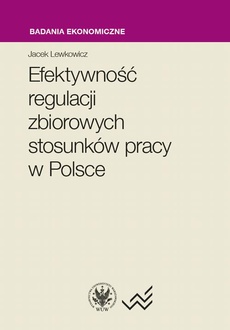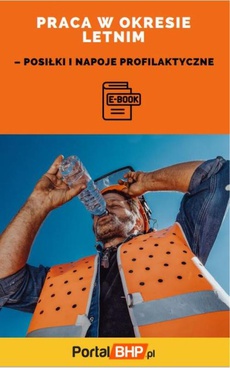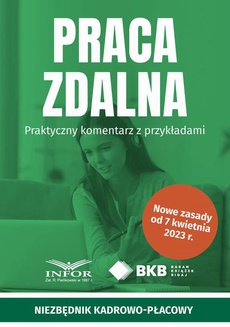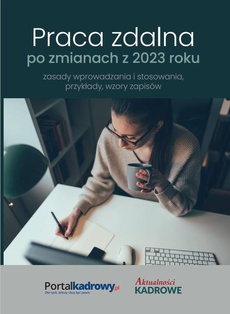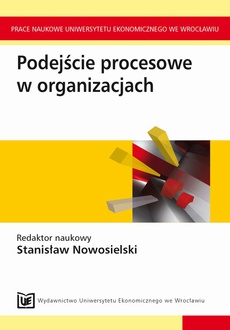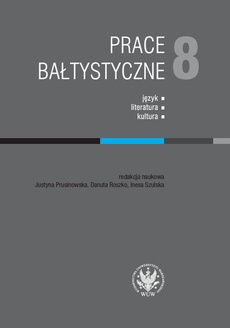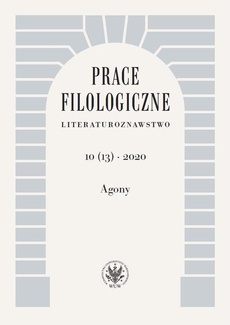INNE EBOOKI AUTORA
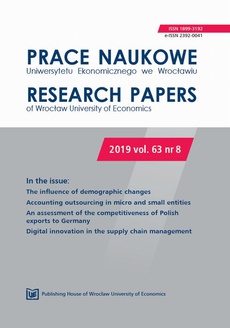
Prace Naukowe Uniwersytetu Ekonomicznego we Wrocławiu 63/8. The influence of demographic changes
Praca zbiorowa
Format:
ibuk
Development potential depends primarily on the area’s demographic situation, its capacity to attract new residents and the local community’s reproductive capacity. From the perspective of social and economic development, the demographic potential of local communities is an important element of the region’s development opportunities. This paper makes an attempt to evaluate the demographic situation of the communes of the West- -Pomeranian province and their potential for development. To achieve that goal, a synthetic variable was used and Webb’s method was employed to create a typology of communes of similar demographic potential. The research conducted confirmed the variance in development potential between communes. Municipalities with a better demographic potential use ‘positional pension’ at the larger urban centers. The result is a ‘suction’ of the population, which affects the growth of budget revenues from real estate tax and the share of income tax from individuals.
| Rok wydania | 2019 |
|---|---|
| Liczba stron | 270 |
| Kategoria | Publikacje darmowe |
| Wydawca | Wydawnictwo Uniwersytetu Ekonomicznego we Wrocławiu |
| Język publikacji | angielski |
| Informacja o sprzedawcy | ePWN sp. z o.o. |
POLECAMY
Ciekawe propozycje
Spis treści
| Grażyna Karmowska, Andrzej Sobczyk: The influence of demographic changes on the development potential of communes of the West-Pomeranian province | 7 |
| Alina Klonowska, Barbara Pawełek: On the stability of public finance in an age of demographic changes | 22 |
| Andrzej Kowalczyk, Beata Gierczak-Korzeniowska: The development and importance of tourism infrastructure in the aerotropolis: a case study | 34 |
| Joanna Kudełko: Revenue gaps in income taxes in particular types of rural communes | 50 |
| Urszula Markowska-Przybyła: The added value of social capital in Poland in light of the experimental data | 64 |
| Łukasz Markowski: Local identity as a determining factor of Cittaslow city development based on the example of Lidzbark Warmiński | 79 |
| Teresa Maszczak: Accounting outsourcing in micro and small entities − opportunities and threats | 92 |
| Grażyna Musialik, Rafał Musialik: Multiple utility concepts – individual choice as an outcome of a game | 108 |
| Marek Nowacki, Agnieszka Niezgoda: Identifing the destination image and its attributes: The case of Central and Eastern European cities | 118 |
| Monika Pasternak-Malicka: The impact of social transfers on the tendency of women to take up employment in the gray economy | 128 |
| Renata Pęciak: The diversity of capitalism − specificity of Chinese model | 143 |
| Tomasz Tylec: The Beijing Consensus − Chinese development model | 154 |
| Małgorzata Adamska: Application of selected methods of intellectual capital valuation based on Grupa Kapitałowa Żywiec SA | 167 |
| Szymon Dziuba, Anna Cierniak-Emerych: Prerequisites and opportunities for the use of the 5S principles in the company laboratory in an organic mill | 179 |
| Marta Miszczak: Views and behaviour of young people related to protection of environment based on the example of a selected group of students – own study | 191 |
| Katarzyna Nowicka: Digital innovation in the supply chain management | 202 |
| Beata Sadowska, Anna Ankudo-Jankowska, Monika Starosta-Grala: Adapting the organization of a company's accounting policy to include environmental aspects | 215 |
| Paweł Siarka: Backtesting analysis. How to assess the quality of PD models in a retail banking | 230 |
| Jacek Strojny: An assessment of the competitiveness of Polish exports to Germany in respect of sectors based on market attractiveness and market position | 245 |
| Sabina Zaremba-Warnke, Boris Seidel: Biodiversity assessment and sustainability communication in regional value chains of SMEs in the food sector | 258 |


